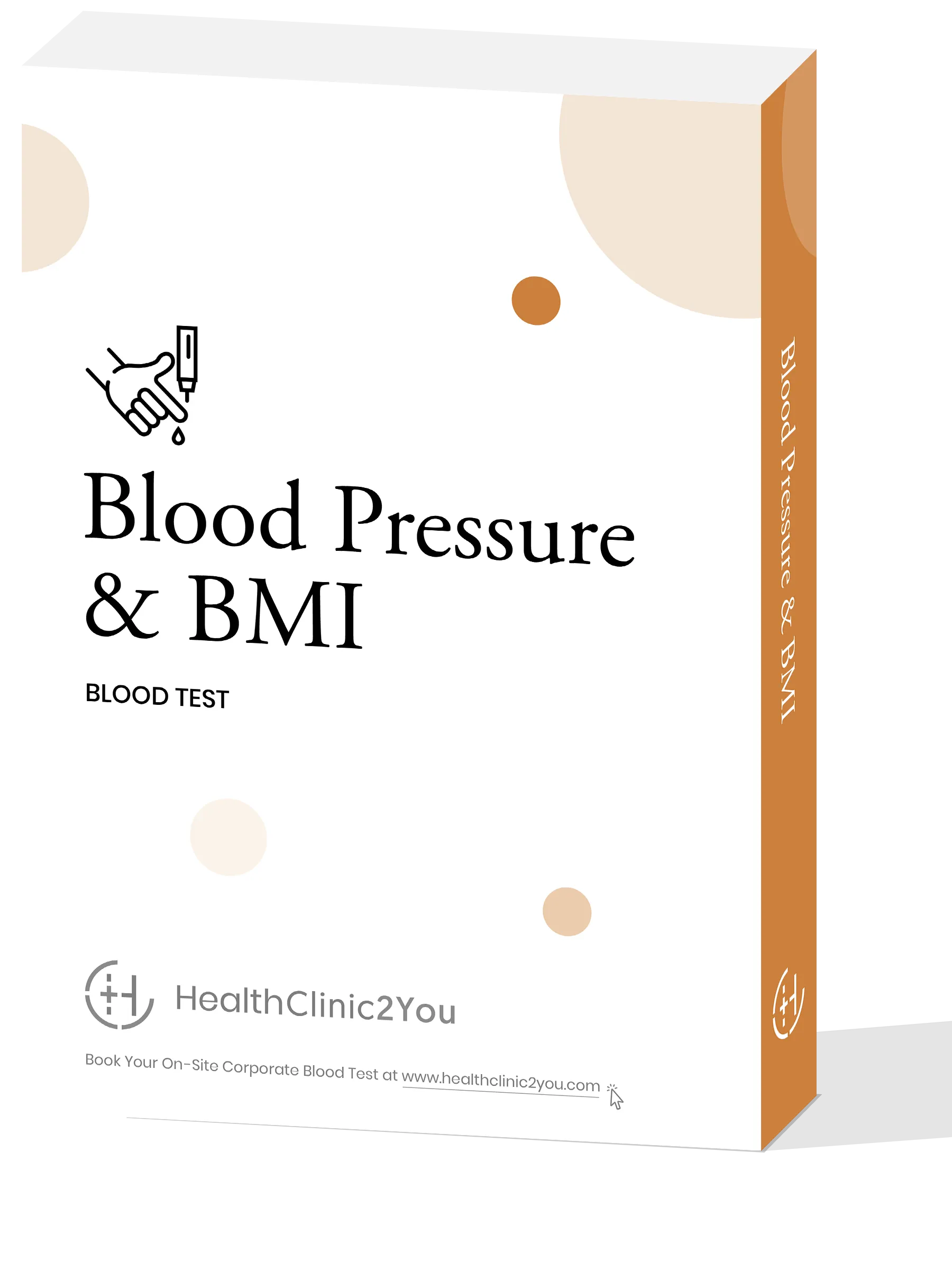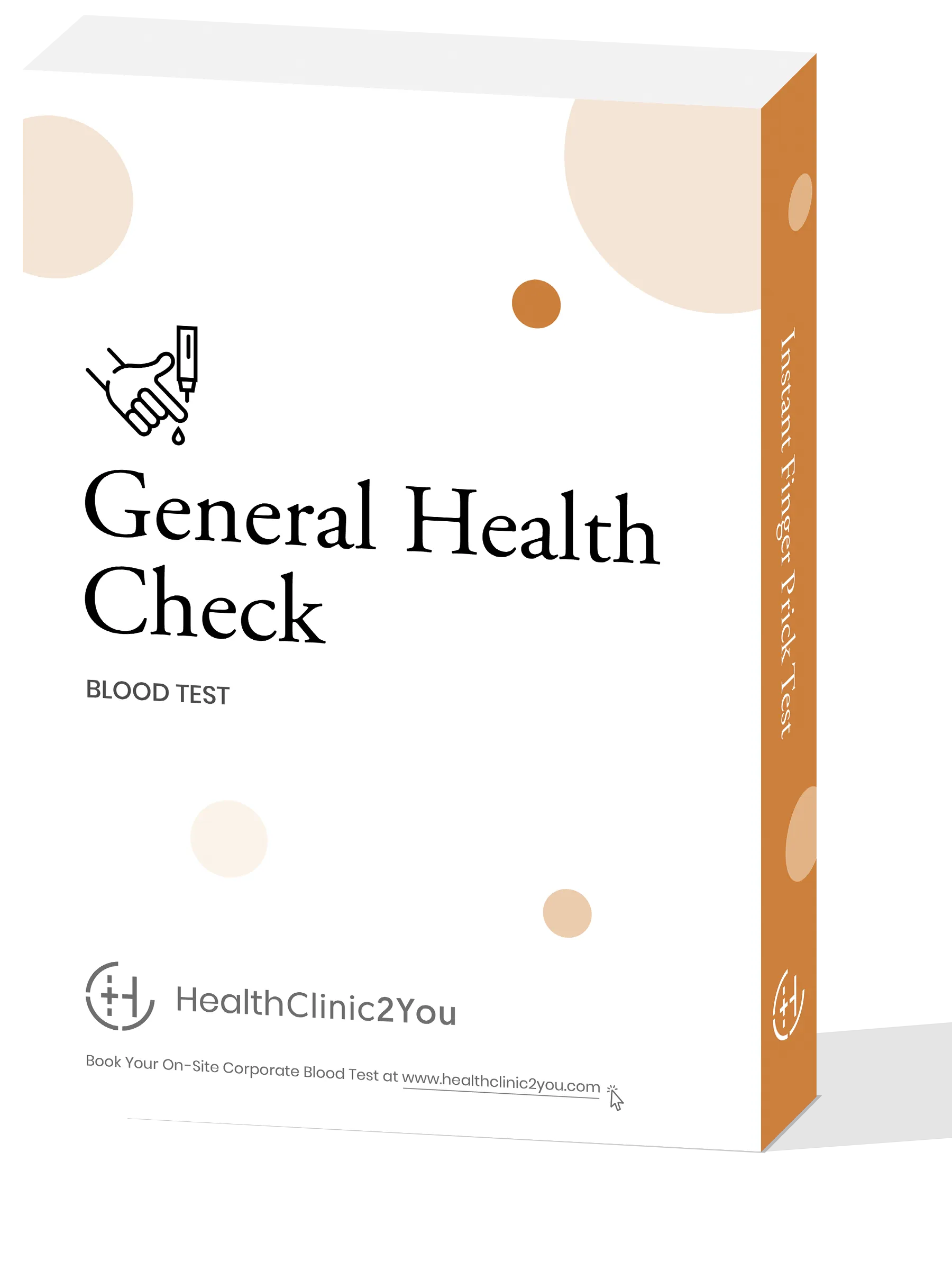How It Works
Once you have booked in for an on-site blood test, our trained nurses and pharmacists will take a quick blood sample.
What can I expect from the Menopause Hormones Profile Blood Test?
The Menopause Hormones Profile is a specialized test designed to determine menopausal status by measuring the levels of Oestradiol, Luteinising Hormone, and Follicle Stimulating Hormone (FSH). Additionally, Thyroid Stimulating Hormone (TSH) is included in the panel to rule out thyroid-related symptoms that can mimic those of menopause.
Menopause is a natural phase in a woman’s life, typically occurring between the ages of 45 and 55, marked by the cessation of ovarian egg production and a decline in hormone levels such as estrogen and progesterone.
The significant decrease in oestradiol is primarily responsible for most menopausal symptoms, which may include:
- Hot flushes, characterized by sudden sensations of heat or cold in the face, neck, and chest, often accompanied by dizziness.
- Mood changes, including low mood, anxiety, mood swings, and low self-esteem.
- Cognitive difficulties, such as memory or concentration issues (referred to as “brain fog”).
- Sleep disturbances, often due to night sweats, leading to daytime fatigue and irritability.
- Palpitations, noticeable increases in heart rate.
- Increased frequency or severity of headaches and migraines.
- Muscle aches and joint pains.
- Changes in body shape and weight gain.
- Skin alterations, such as dryness and itching.
- Decreased libido.
- Vaginal dryness and discomfort during intercourse.
- Increased susceptibility to urinary tract infections (UTIs).
- Oral health issues, including sensitive teeth, painful gums, or other mouth problems.
Menstrual cycles may become irregular, with periods potentially becoming heavier before ceasing altogether.
Fortunately, Hormone Replacement Therapy (HRT) can effectively alleviate many menopausal symptoms for most women. It’s advisable to consult a doctor to explore this treatment option further.
More Blood Tests




